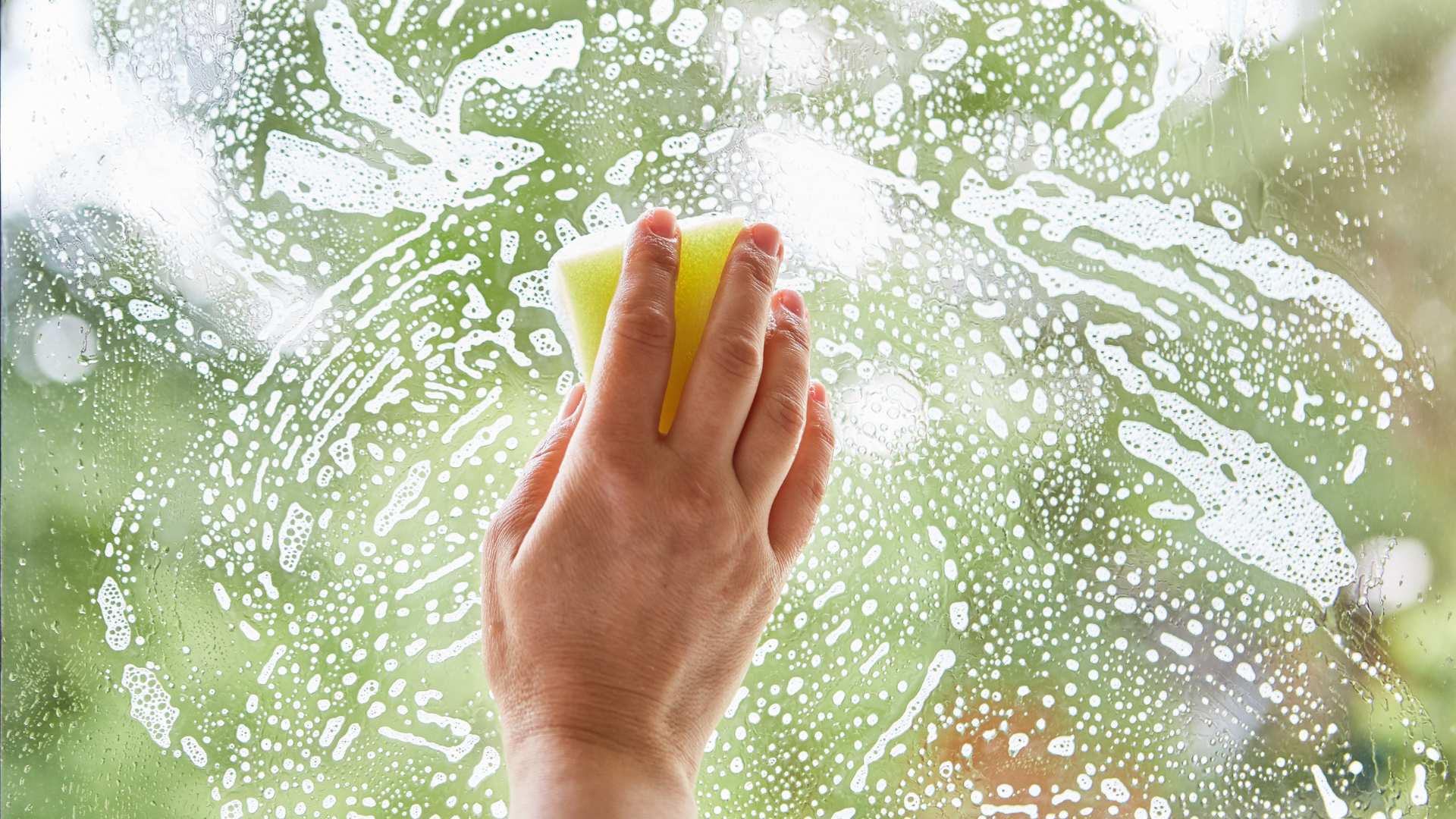Eating Disorders in Men: Prevalence, Harmful Stigmas, and Recovery

By Thrive Wellness Reno Recovery Coach Nick Klund
All statistics have been sourced from the National Eating Disorder Association (NEDA) unless otherwise indicated.
While most often associated with women, eating disorders do not discriminate and also occur in men. In fact, one in three individuals with eating disorders is male. Furthermore, disordered eating behaviors such as restriction, binging, purging, and laxative abuse are almost as prevalent among men as they are in women. Such behaviors are considered subclinical or not yet severe enough to cause symptoms requiring clinical treatment, yet can cause serious damage to one’s health. Men and women alike are at risk for disordered eating behaviors as well as all types of eating disorders, including anorexia , avoidant restrictive food intake disorder (ARFID) , binge eating disorder (BED) , bulimia , diabulimia , and orthorexia. Because of the widespread misperception that women are more likely to experience eating disorders, these complex and potentially fatal conditions are underdiagnosed and undertreated among men.
Anorexia
Anorexia is characterized by dangerous calorie restriction that can lead to severe malnutrition among other health complications. Of individuals with anorexia, 25% are male. Frequently diagnosed with anorexia in its later, more severe stages, men face a higher risk of dying from the health consequences of anorexia.
Avoidant/Restrictive Food Intake Disorder (ARFID)
ARFID is a condition that involves avoidance of certain foods due to sensory elements such as texture or color. Those with ARFID may also avoid food due to fear of experiencing pain or discomfort while eating. Individuals with ARFID are more likely to be children or adolescents and males.
Binge Eating Disorder (BED)
Those with BED generally engage in food binging episodes in which they feel a loss of control. Following these episodes, individuals often feel intense shame. The most common eating disorder among both men and women, binge eating disorder affects 2% of men and 36% of those with BED are male.
Bulimia
Characterized by binge eating episodes similar to those of BED, bulimia also typically involves purging behaviors, such as self-induced vomiting and laxative abuse. This condition affects .5% of men.
Diabulimia
While not an official medical diagnosis, diabulimia is widely recognized by providers as a way to describe when individuals with insulin-dependent diabetes engage in disordered eating behaviors, including binge eating and compensatory behaviors to “offset” their food consumption. Commonly, these individuals also restrict their insulin intake which impedes their bodies’ ability to process carbohydrates. One-sixth of males with type one diabetes report engaging in both disordered eating and frequent insulin restriction.
Orthorexia
Like diabulimia, orthorexia isn’t an official clinical diagnosis, but the term is broadly used by professionals to describe a hazardous preoccupation with “healthy” or “clean” eating in a way that degrades one’s health and quality of life. Without specific diagnostic criteria, it’s difficult for health professionals to ascertain the exact number of individuals affected by orthorexia. In clinical practice at Thrive Wellness, however, men obtain eating disorder treatment for orthorexia more often than many other eating disorders.
CONTRIBUTING FACTORS TO EATING DISORDERS IN MALES
Many of the same factors that contribute to eating disorders in women can also lead to eating disorders in men. These include:
- Body image struggles: Societal pressures to look a certain way may also cause individuals to engage in disordered eating behaviors. Additionally, those who struggle with body dysmorphia, a condition that causes individuals to misperceive the way their bodies appear, may seek to change their bodies through disordered eating behaviors.
- Culturally endorsed disordered eating: While widely accepted as a normal way to achieve better health, diets encourage potentially harmful eating behaviors, endorse unfounded moral values about different kinds of food, and propagate dangerously rigid mindsets around nourishment that can lead to the development of eating disorders.
- Athletic pressure: Many athletes struggle with eating disorders, especially those that participate in sports that tend to emphasize diet, size, weight, and appearance, such as wrestling, rowing, horse racing, bodybuilding, gymnastics, swimming, and diving. In these sports, about 33% of male athletes are affected by eating disorders.
- Trauma: Emotional pain brought on by traumatic experiences can drive individuals to cope through unhealthy habits, including disordered eating behaviors which can serve as a way to numb trauma-induced suffering.
- Other co-occurring mental and behavioral health struggles: Other conditions that commonly occur alongside eating disorders include depression which affects almost 6% of men, anxiety which affects almost 8% of men, and substance use disorders which affect almost 12% of men. While the exact relationship between eating disorders and co-occurring conditions is still being studied and the ways these conditions present themselves are unique to each individual, in many cases, eating disorders may serve as an attempt to cope with the symptoms of these co-occurring struggles.
THE STIGMAS SURROUNDING MALE EATING DISORDERS
Male eating disorders are underdiagnosed and undertreated largely due to stigmas surrounding men and mental and behavioral health . Some of these misleading narratives include:
- The misconception that women are only affected by eating disorders: Conditioned by the narrative that only women have eating disorders, men may not even be aware that they are experiencing an eating disorder until they begin to experience physical symptoms.
- A scarcity of awareness about types of eating disorders: A lack of public knowledge about the different kinds of eating disorders may also contribute to the underdiagnosis and undertreatment of male eating disorders.
- Cultural standards that discourage men from sharing their feelings: Societal norms make it seem less socially acceptable for men to express their vulnerabilities and insecurities . For this reason, they’re more likely to struggle with mental and behavioral health issues, body image struggles, and eating disorders silently.
The deceptive information surrounding male eating disorders is dangerous. Without early diagnosis and treatment, eating disorders can result in severe health consequences and even death. Compared to women, men are more at risk for mortality from eating disorders, as they are more likely to obtain care for eating disorders in their later stages.
TREATMENT AND RECOVERY FOR MEN STRUGGLING WITH EATING DISORDERS
When men are diagnosed with eating disorders, many feel uncomfortable receiving care as their close connections outside of treatment may have trouble understanding their condition. However, men should keep in mind that their struggle is absolutely valid and recovery is entirely possible. Integrated treatment that involves physical, mental, and behavioral health care can help men heal their relationships with food, their bodies, and themselves for lasting recovery.
MULTIDISCIPLINARY EATING DISORDER TREATMENT FOR MEN AT THRIVE WELLNESS
Thrive’s eating disorder treatment specialists include psychiatrists, therapists, registered dietitians, and primary care providers who collaborate on clients’ care to help them heal the root causes of their eating disorder and guide them in nourishing their whole selves. Reach out to learn more about our eating disorder treatment programs .
The post Eating Disorders in Men: Prevalence, Harmful Stigmas, and Recovery first appeared on Thrive Wellness.

Start your healing journey today
NEXT STEPS
Are you ready to find hope? We can't wait to connect you with the care you need. To get started with us, please reach out using the link below.

Obsessive Compulsive Disorder

Perinatal
Mental Health
Obsessive Compulsive Disorder
Perinatal
Mental Health
SITE MENU
THRIVE LOCATIONS
Reno, NV 89501
OCD & Anxiety Disorders
Luella Garvey House
Perinatal Mental Health
"It Takes A Village"
Virtual Program
All Rights Reserved | Thrive Wellness | PRIVACY POLICY





